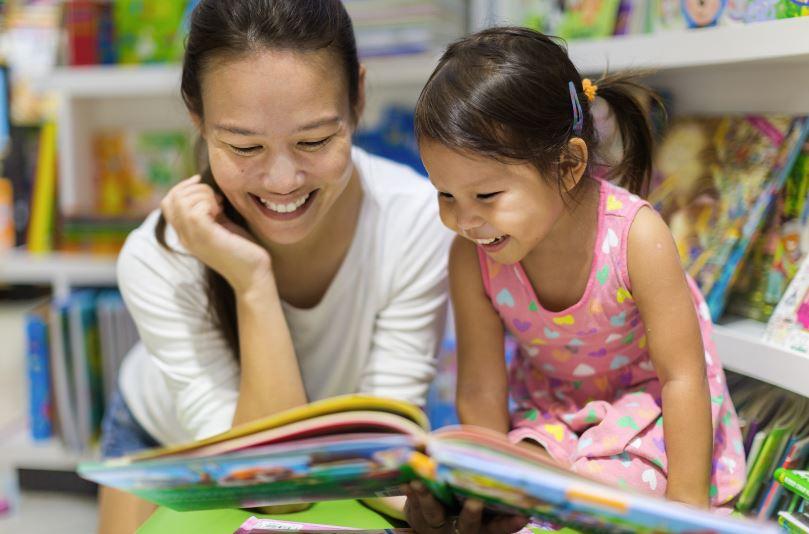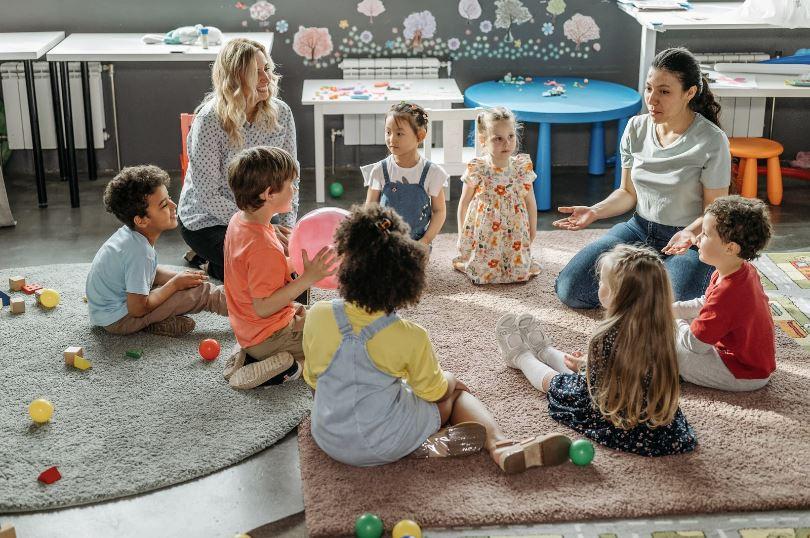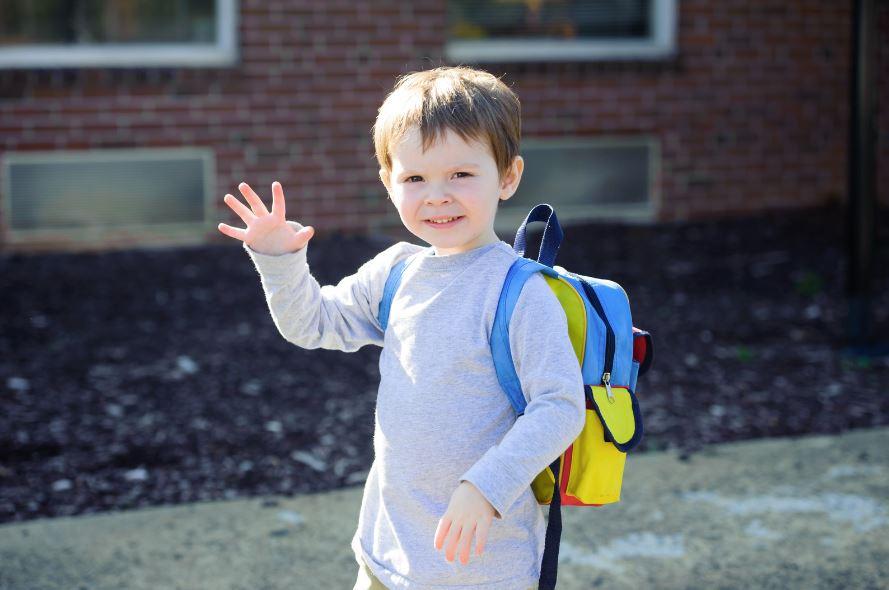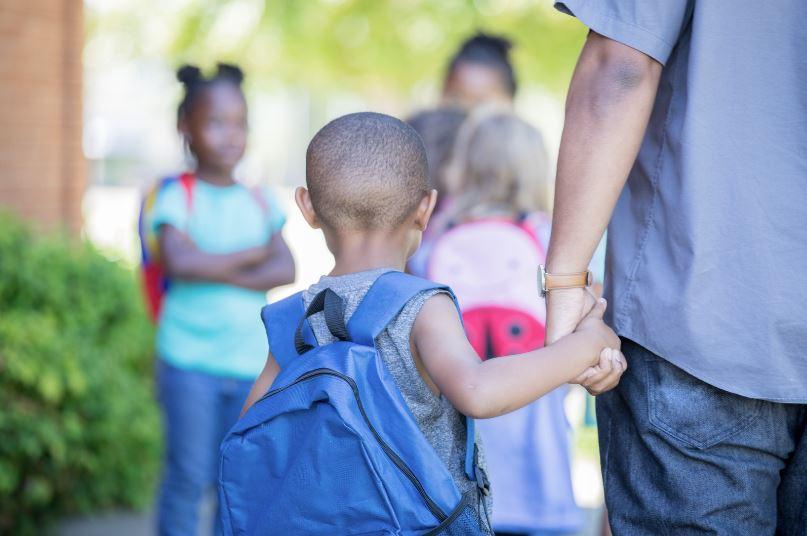Starting Primary School: Support for Children Transitioning into School
Information for Parents/Carers by Haringey Educational Psychology Service
Get Ready to Start School
Starting school can be exciting but also daunting. It is important to help our children feel safe and secure and have a sense of continuity as they transition from nursery to primary school.
Here are six top tips from the Haringey Educational Psychology Service to support your child during this transition.
1. Look After Yourself and Have Fun Over the Summer
Having children at home during the summer while juggling work and childcare can add stress to families. It's important to take care of your emotional well-being.
Feeling anxious about your child starting school is normal, and these feelings may continue over the summer. It's important to take care of yourself to support your children.
If you feel you need extra help, visit the NHS Every Mind Matters website for advice on supporting your mental well-being (external link).
2. Help Your Child Understand Change
Read stories or watch videos about change, like 'The Very Hungry Caterpillar' by Eric Carle or 'Little Tree' by Loren Long. Look through baby photos and discuss how your child has grown and changed.

3. Help Your Child Understand Goodbyes and Hellos
- Explain the concept of goodbyes and hellos. Watch YouTube videos or read stories, such as 'Gotta Go, Buffalo.'
- Help your child make a goodbye card for their nursery teacher and reassure them they can stay in touch with friends.
- Highlight the special people and pets in their lives, even when they are not always present.
- Participate in nursery-ending activities like teddy bear picnics, creating nursery books, or singing goodbye songs.
- Use photos of the nursery and school to illustrate the transition, showing 'now' and 'next' to help your child understand the change and learn how to say 'goodbye'.

4. Help Your Child Know What to Expect
Your child's new school may provide a welcome pack, brochure or photos of the school and teachers. Have fun exploring these materials together with your child.
Read books about starting school, such as 'Starting School' by Janet and Allan Ahlberg, or 'I Am Too Absolutely Small' for School by Lauren Child.
Discuss their feelings about starting school, addressing both excitement and concerns. What are they most looking forward to? Is there anything they are worried about? What sort of things would they like to learn about their new school?
Communicate with your child about what they like to do and what they would like help with – then collaborate with the nursery to create an "All About Me" page for the new school.
For more advice on school readiness, visit the PACEY website: PACEY School Readiness (external link).
5. Connect and Build Relationships
Connect with other parents and carers whose children start at the same school. Arrange play dates so your child can meet future classmates. Keep a photo of the new teacher or school visible to build familiarity.

6. Plan for the First Few Days
Plans for your child:
- Establish a goodbye routine to make separations easier and ensure your child gets to say goodbye to you before you leave.
- Understand that starting school can be tiring and challenging, so your child may need more quiet and calm time when they get home.
- Discuss after-school plans with your child so they have something to look forward to.
Plans for yourself:
Feeling a range of emotions about your child starting school is expected. It is normal to have mixed feelings. Make a plan for the first few days after you drop off your child to help prepare for how you might feel and react to the day. Plan activities to manage your feelings after drop-off, such as calling a friend.
If your child has additional needs, it is important to consider and plan around your child's understanding, needs, likes and dislikes so they can benefit from a smooth and supported transition. Your child's nursery Special Educational Needs and Disabilities Co-ordinator (SENDCo) will work with you and professionals (e.g. Educational Psychologist, Speech and Language Therapist, etc.) and connect with your child's new school to arrange a transition meeting for you all to attend.
And lastly, all the best!


